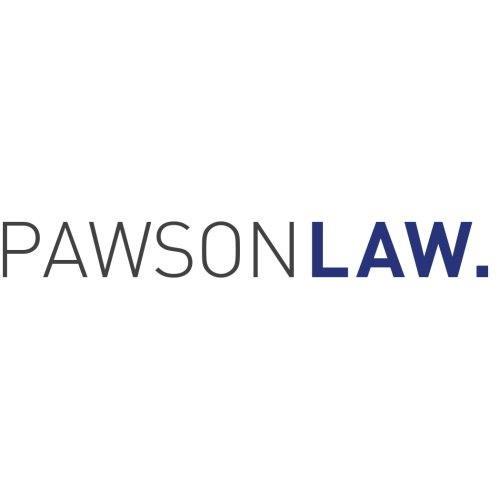Best Bail Bond Service Lawyers in Tauranga
Share your needs with us, get contacted by law firms.
Free. Takes 2 min.
List of the best lawyers in Tauranga, New Zealand
About Bail Bond Service Law in Tauranga, New Zealand:
In New Zealand, including Tauranga, the bail bond service is not practiced in the same way as in some other countries like the United States. Instead, the court decides whether to grant bail on a case-by-case basis, considering factors like the seriousness of the crime, the possibility of reoffending, and the likelihood of the accused appearing in future court hearings. There is generally no financial cost involved in obtaining bail, negating the need for a bail bondsman. However, sometimes, substantial sureties may be required which resembles the bail bond system.
Why You May Need a Lawyer:
Despite the absence of commercial bail bonds services, legal assistance can still be crucial for individuals navigating the New Zealand bail system. For instance, if you're struggling to understand the bail conditions, a lawyer can clarify and advise you on your responsibilities. You may also want legal representation to advocate for you or your loved one's release on bail or negotiate more favourable bail conditions with the court. In the unfortunate event of a perceived bail condition breach, legal aid becomes indispensable to minimise potential repercussions.
Local Laws Overview:
Under the New Zealand Bail Act 2000, the presumption is generally in favour of granting bail unless the court has substantial reasons against it. The Act also outlines the criteria under which the court may deny bail. These include - consideration of the nature and severity of the crime, risk of offender absconding, endangering public safety, or interfering with witnesses. Furthermore, every individual has the right to apply for bail, but the granting of it is not a right but a privilege.
Frequently Asked Questions:
1. Can anyone apply for bail in Tauranga?
Yes, anyone charged with a criminal offence in Tauranga can apply for bail, but the court has the discretion to grant or deny bail based on various factors.
2. Is there any cost associated with getting bail?
Usually, no financial cost is involved in obtaining bail. However, the court can sometimes ask for a surety, which acts as a form of guarantee that the person will comply with their bail conditions.
3. What happens if bail conditions are violated?
A breach of bail conditions is taken seriously by the New Zealand courts. It can lead to arrest and cancellation of the bail, necessitating legal advice and intervention.
4. What is a bail surety?
A surety is a person or an amount of money pledged to the court to assure the defendant's compliance with the bail conditions. If the defendant violates them, the surety may be forfeited.
5. How can a lawyer help in obtaining or dealing with bail?
A lawyer can represent you in bail hearings, argue for your release on bail, or negotiate better bail conditions. They can also provide needed advice if you face complications concerning bail.
Additional Resources:
New Zealand Law Society and the Ministry of Justice are excellent resources for anyone seeking more information about bail and related legal procedures. They provide comprehensive and authoritative insights into legal matters related to bail.
Next Steps:
If you're facing a situation concerning bail in Tauranga, it's recommended to engage a lawyer experienced in criminal law. Try to understand the entire process, your rights, and obligations, and make sure to comply with all bail conditions to avoid negative consequences.
Lawzana helps you find the best lawyers and law firms in Tauranga through a curated and pre-screened list of qualified legal professionals. Our platform offers rankings and detailed profiles of attorneys and law firms, allowing you to compare based on practice areas, including Bail Bond Service, experience, and client feedback.
Each profile includes a description of the firm's areas of practice, client reviews, team members and partners, year of establishment, spoken languages, office locations, contact information, social media presence, and any published articles or resources. Most firms on our platform speak English and are experienced in both local and international legal matters.
Get a quote from top-rated law firms in Tauranga, New Zealand — quickly, securely, and without unnecessary hassle.
Disclaimer:
The information provided on this page is for general informational purposes only and does not constitute legal advice. While we strive to ensure the accuracy and relevance of the content, legal information may change over time, and interpretations of the law can vary. You should always consult with a qualified legal professional for advice specific to your situation.
We disclaim all liability for actions taken or not taken based on the content of this page. If you believe any information is incorrect or outdated, please contact us, and we will review and update it where appropriate.











